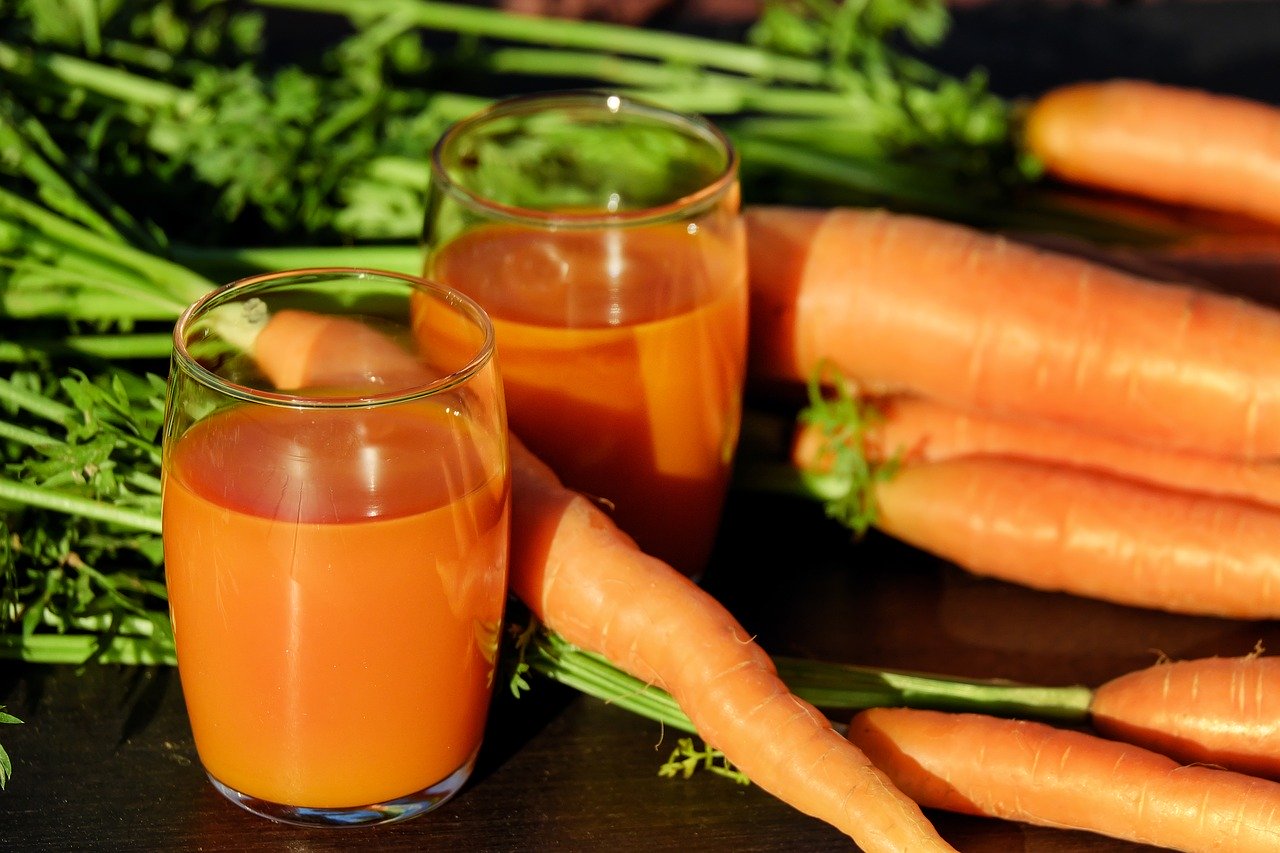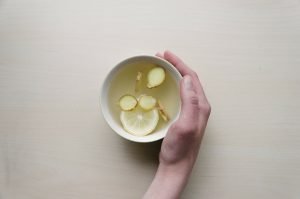Health benefits of carrot

Carrot is the vegetable with the most beta carotene or provitamin A, which makes it a great ally of sight and the health of the skin and mucosa. But it also provides vitamins C and E, with an antioxidant effect, as well as vitamin B9 or folic acid: a 100-gram serving covers 110% of the vitamin A needed daily, 13% of C, 5% of E and 10% of folic acid.
Its very low energy value comes from carbohydrates (5.2%) since its protein and fat content is low. It is rich in fiber (3.4%), minerals and trace elements (iron, potassium, iodine, magnesium, nickel, sulfur, zinc), malic acid, inositol, phytosterols and an essential oil that gives it its aroma and its vermifuge effects. against intestinal parasites.
Carrot Properties
Carrot is a tonic and remineralizing food. It has alkalizing properties that promote a good acid-base balance in the body.
· As a great ally of sight, it prevents cataracts and the disease of the retina called «macular degeneration». The carrot is also indicated in case of decreased visual acuity, especially twilight or night, and in case of photophobia (hypersensitivity to sunlight), conjunctivitis and inflammation of the eyelids.
· Regulates digestive disorders, diarrhea, constipation and flatulence.
· The carrot is also beneficial for chronic bronchopulmonary conditions in general.
· Because it contains hypoglycemic substances, diabetics can take it. It is convenient in liver pathologies and helps to lower the cholesterol level.
· It should also be noted that its calcium is very assimilable by the body.
· Its juice or grated pulp act as a balm against acne and eczema, as well as in cases of ulcers or burns.
· When there are irregularities in menstruation, it has an activating effect (emmenagogue) and also favors breastfeeding.
· It is recommended before a decrease in defenses or against recurrent infectious diseases and also in asthenia situations.
· Due to its iron and copper content, which favors the formation of red blood cells, it is indicated in case of anemia and also to prevent arteriosclerosis, heart attack and other heart diseases.
· The antimutagenic and anti-tumor properties of beta-carotene and other phytochemicals in carrots, such as coumarins, quercetin or terpenes, have been shown to be effective in the prevention of cancer, especially of the bladder, larynx, esophagus, stomach, colono- rectal and prostate.
Also read: 3 Carrot remedies to deal with diarrhea

Carrot in the kitchen
The carrot is a vegetable that can be found all year round on the market, but the most tender and sweet specimens are collected at the end of spring (from May to June).
The specimens must be firm, bright in color and rather small in size, as they are usually sweeter. An intense orange color indicates a high beta-carotene content, while the green spots at the end of the root indicate that it has been exposed to the sun and, therefore, will have a bitter and harsh taste. In contrast, the green leaves on top are an indication that the root is fresh. Wrinkled and sprouted carrots should be discarded.
Before storing them, it is advisable to remove the earth residues with a brush, but never wash them with water until they are consumed. They should be stored in a cool and especially airy place, but if possible never with potatoes or apples, since the ethylene gas they produce accelerates their deterioration and reduces their sweetness. If purchased with leaves, they must be removed to prevent them from absorbing moisture from the root and drying out.
In the fridge they can be kept for a week or two in good condition, but if they are to be stored for longer they can be frozen, previously scalded with boiling water and salt.







